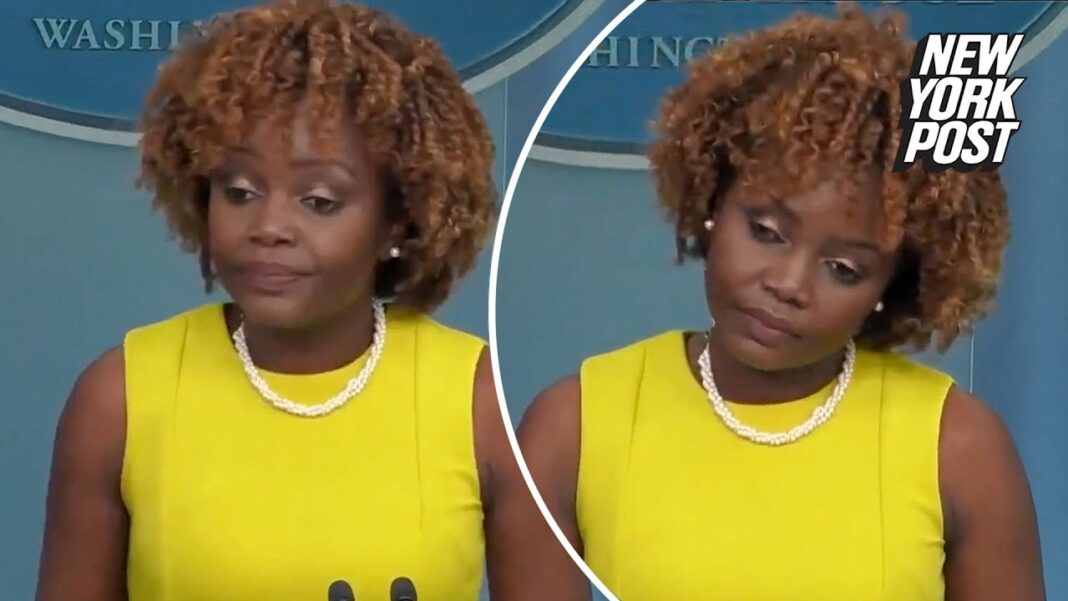The judge said the separation of families ‘represents one of the most shameful chapters in the history of our country.’
A federal judge on Friday ruled to ban the separation of families at the U.S. southwest border for the next eight years, except in certain cases, approving the settlement of a years-long Trump-era lawsuit.
The decision comes as part of the settlement of a lawsuit filed by the American Civil Liberties Union (ACLU) in 2018, addressing the separation of families entering the country illegally as family units at the U.S.-Mexico border.
U.S. District Judge Dana Sabraw approved the settlement, saying that the separation of thousands of families “represents one of the most shameful chapters in the history of our country.”
Under the settlement, which takes effect on Dec. 11, agencies can still separate children from the adults accompanying them under certain circumstances, such as suspected abuse, national security, medical emergencies, and certain criminal warrants. This practice predates the Trump administration’s separation policy, and previous rulings in the case have noted that children have been removed from adults traveling with them on these grounds.
Notably, the policy is set to preemptively prevent a similar policy from being brought back during a potential second Trump administration.
According to the terms of the settlement, which was initially released in October before receiving court approval, it covers parents or legal guardians and their children who were separated at the U.S.-Mexico border between Jan. 20, 2017, and Jan. 20, 2021.
Exclusions apply to parents with specified criminal histories and individuals separated after June 26, 2018, due to medical conditions, concerns about parental fitness, or active warrants for the adult.
Around 4,500 to 5,000 children and their parents fall under the coverage of the settlement. The U.S. government is obligated to identify and reunify more families, offering a pathway for them to seek asylum in the United States.
Families affected by the policy will receive non-monetary assistance, including healthcare, housing, and legal support. They will also have access to an expedited asylum process and the ability to receive three years of humanitarian parole.








